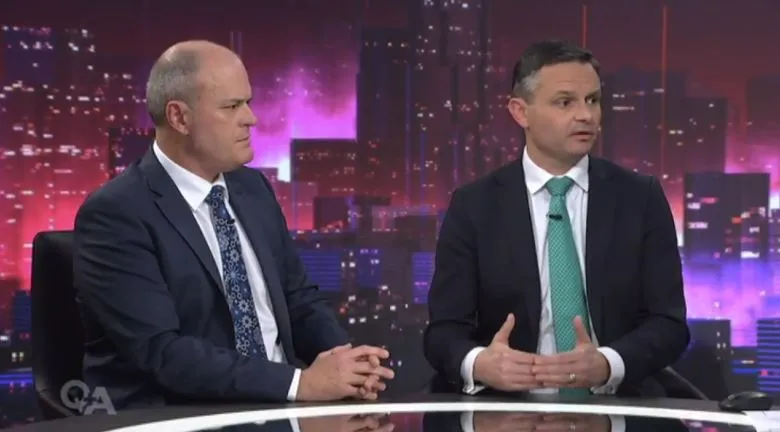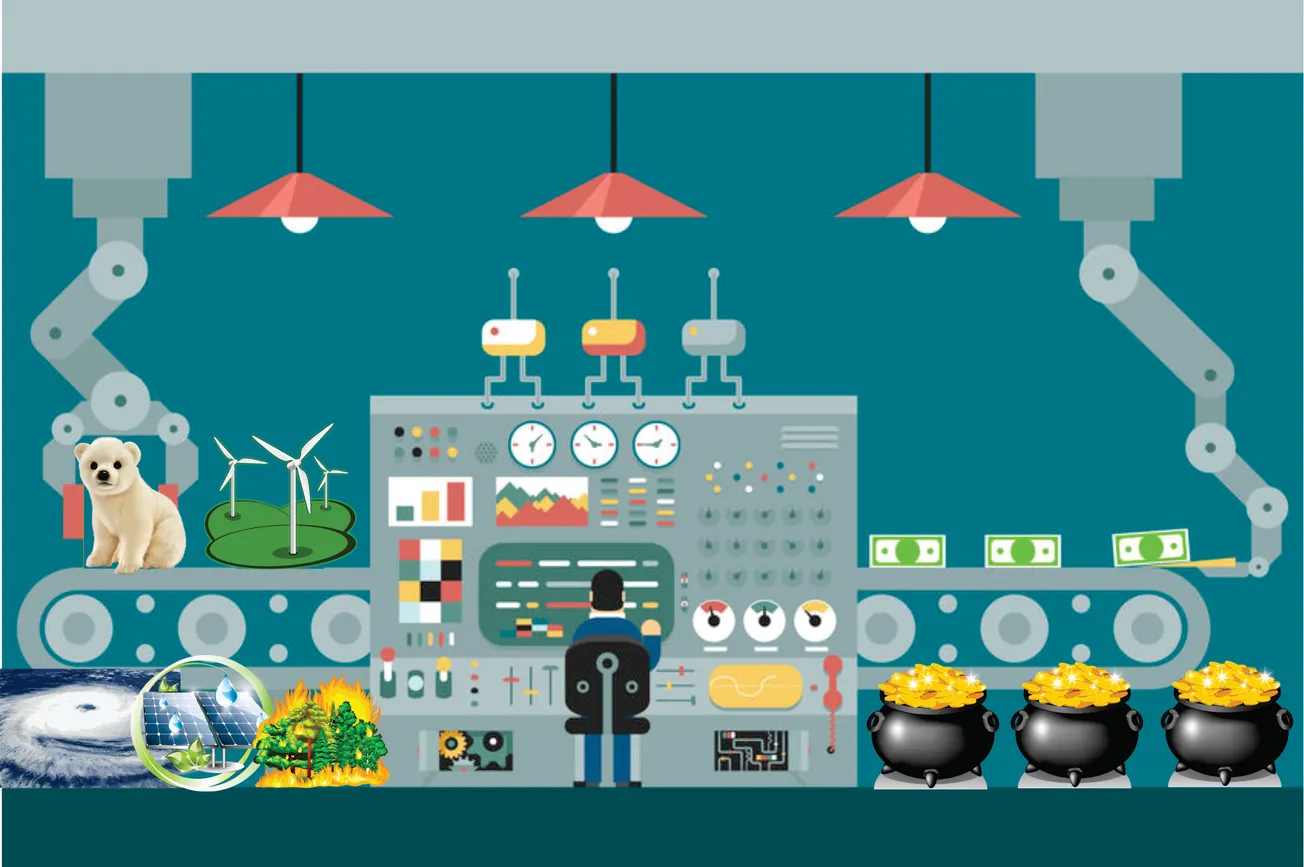Table of Contents
I read Cameron Slater’s excellent article about the possibility of a National-Green coalition after the election with considerable interest. His angle on the matter was that National voters, upset at the prospect of a post-election deal between National and NZ First should think again, as an even more unpalatable prospect looms on the horizon. While such voters are facing the realities of polling which states that, were an election held today, Labour would govern alone, the vagaries of MMP would appear to make that unlikely. The argument is that larger parties always lose support in the weeks before an election, meaning that, so far at least, there has never been an MMP election that has given any party an outright majority, and this is not likely to happen this year either.
We haven’t had a pandemic in an MMP election year before though, so as far as I am concerned, all bets are off.
It is also true that minor parties in government regularly suffer in subsequent elections, as their supporters are often frustrated by their chosen party’s inability to effect radical change. Thus we have seen both NZ First and the Greens polling below the 5% threshold at times, with NZ First being consistently below it, and therefore likely out of parliament in September.
The Greens, hovering close to the 5% threshold in most recent polls, have other problems. The pandemic, all around the world, has made them mostly irrelevant.
Just before COVID-19 reached our shores, the country, and indeed most of the world, was mired in fabricated states of emergency, supposedly because of collapsing ecosystems and a heating planet. The fact that most local councils declared climate emergencies which gave them extraordinary powers over the use of public funds and indeed over people’s lives, somehow was lost in the mistaken belief that we were actually doing something. Then a real crisis hit. So far, the virus has infected over 7 million people and has caused nearly half a million deaths. Many countries are still in lockdown. Economic prospects for most countries for the next few years are grim. This is no longer the stuff of fairy tales; it is real, and it is severely impacting people’s lives all over the globe.
And somewhere along the line, all those fabricated emergencies were forgotten.
We stayed home. Air travel fell by 90%. Public transport was brought to a standstill. Cars stayed in the garage. CO2 emissions plunged. The air was clean in cities which had not seen blue sky for years. Birds and wild goats dominated the landscape. Dared we dream that COVID-19 would help us to save the planet as well?
Nobody gave that a second thought. We were all afraid of the virus, and then later concerned for our financial future. Those concerns are still there. There is nothing like a real crisis to make a false one go away.
Green parties around the world are more interested in hard left political policy than environmental issues, but they still have an undeserved reputation for being good stewards of the planet. When things are going well, it is easy to focus on manufactured problems, but when times get tough, we revert to what we know. We close the wallet, hunker down and go into siege mode. It is about survival, and the question of the planet warming can wait for another day.
Thus the Greens have done something remarkable. They have held out an olive branch to the National party. James Shaw, who has repeatedly poured cold water on the merest hint of a coalition with National at every other election, has laid out the ground rules for such a coalition to happen. The issue here is not whether or not National is now ‘wet’ enough to consider such an offer. The real issue is why are the Greens making such an offer in the first place?
The answer is simple. This is a bid for political survival. Knowing they are polling poorly (and their numbers often drop on election night), they are indicating that they can work with anyone. They are sending a message to Labour that they must not be taken for granted, and sending a message to right leaning conservationists that they can look after their interests too. This is an act of political self-interest, and nothing else.
Whether or not this particular stunt works for the Greens remains to be seen, but one thing is for sure. If reducing world emissions by about 90% for the best part of 3 months has done little to reduce the levels of CO2 in the atmosphere, then there is not much we can do. For the first time, we have had a practical demonstration of the extraordinary lengths we would have to go to if we seriously want to reduce emissions. Our world would change irrevocably, in a way that most of us would never accept. In other words, we have just learnt that there is nothing that we can do about climate change, and that the man-made element of it is clearly not very great at all.
In the face of that, Green parties are rapidly becoming irrelevant. That is why James Shaw reached out to National this week. He wants to keep his job. Chances are, though, he won’t succeed.
If you enjoyed this BFD article please consider sharing it with your friends









